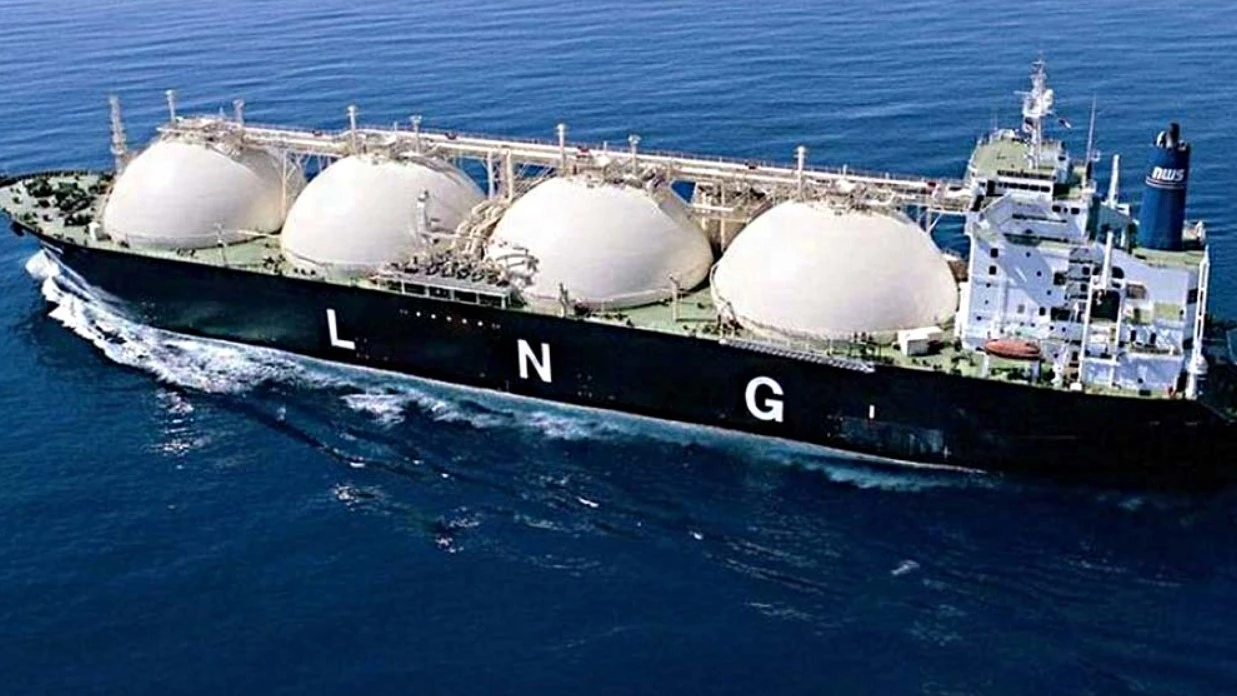Pakistan buys LNG cargo at premium rate to tackle gas shortfall

Stay tuned with 24 News HD Android App

Pakistan has purchased a liquefied natural gas shipment for January in an effort to reduce a fuel deficit this winter, reported Bloomberg.
State-run Pakistan LNG Limited (PLL) bought the cargo from Oman’s OQ Trading, according to traders with knowledge of the matter. The shipment was secured at a price premium to the spot market due in part to Pakistan’s credit risk, they said.
Bloomberg did not quote a price for the shipment, however, according to journalist Ali Khizar, Pakistan bought the cargo at a negotiated price of $17.95 per MMBtu who added that Pakistan is paying $57.4 million for this cargo which is $3 million above the market.
Pakistan bought spot LNG cargo at a negotiated price of $17.95/mmbtu. This price is at premium to market – JKM was roughly at $17 on the date of buying.
— Ali khizar (@AliKhizar) November 27, 2023
The country is paying $57.4 mn for this cargo which is $3 mn above the market.
It would have been better to use liquid fuel… pic.twitter.com/BYT4vhgWQC
Reportedly, PLL used the rate offered by the State Oil Company of Azerbaijan Republic (SOCAR) to reduce the bid amount from the lowest bidder OQ trade.
SOCAR was initially hesitant to offer the price of one cargo for the month of January due to increasing LNG costs. However, once the bids were opened, the PLL Board contacted SOCAR for delivery in January. SOCAR offered a rate of $17.96 per MMBtu, but PLL contacted OQ Trading, the lowest bidder.
PLL asked the UAE-based bidder to match the SOCAR offer. The company improved its offer to $17.95 per MMBtu.
Pakistan has struggled to procure spot cargoes of LNG after global prices spiked last year following Russia’s invasion of Ukraine, leaving it to face widespread power outages.
The PLL had earlier invited from international suppliers for the supply of one LNG cargo on a Delivered Ex-Ship (DES) basis at Port Qasim, Karachi.
PLL has been mandated by the government to import and sell natural gas, LNG and re-gasified LNG. It procures LNG from international markets and enters into onward arrangements for the supply of gas to end users, managing the whole supply chain of LNG.
